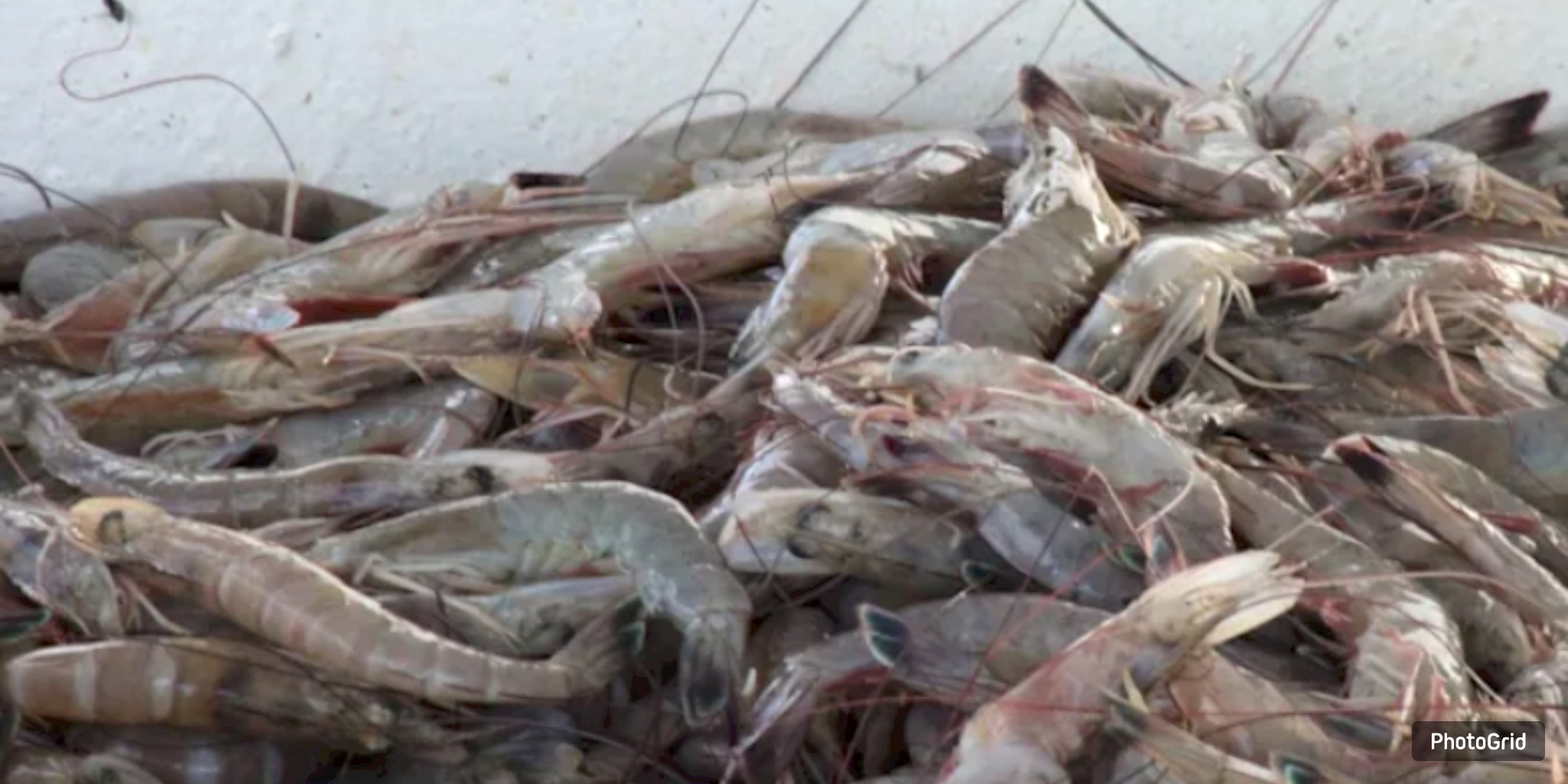A new study shows more than half of restaurants along the Texas coast falsely market imported shrimp as Gulf-caught. A state law taking effect Sept. 1 will impose penalties on businesses that mislabel their seafood.

A recent study reveals that many restaurants along the Texas coast persist in promoting imported shrimp as if they were caught in the Gulf, despite a new state law aimed at penalizing this misleading practice.
From July 23 to 28, SeaD Consulting conducted a survey involving 44 restaurants located in Corpus Christi, Port Aransas, and the Rockport/Fulton region. A recent report, released on August 7, revealed that merely 19 establishments, accounting for 43 percent, offered genuine Gulf shrimp. A study showed that 57 percent of imported shrimp was misrepresented through various means, including menu descriptions, staff assurances, and marketing tactics.
Among the establishments recognized for offering authentic Gulf shrimp are Executive Surf Club and Water Street Oyster Bar, located in Corpus Christi, Shrimp-It-Up in Aransas Pass, and Pier 77 in Fulton.
The results reflect the conclusions drawn in SeaD’s report from late 2024, which examined the dining establishments in Galveston and Kemah, revealing that merely 18 out of 44 restaurants, or 40 percent, served authentic Gulf shrimp.
A new report has emerged just weeks ahead of the implementation of a new law set to take effect on September 1. In a significant move, lawmakers came together in May to pass Senate Bill 823 with unanimous support. This legislation takes a firm stance against the mislabeling of imported shrimp, ensuring that restaurants cannot refer to these products as “Texas shrimp,” “American shrimp,” “domestic shrimp,” or “Gulf shrimp.” In a significant move, Sen. Mayes Middleton, representing Galveston, has put forth the measure.
According to the law, those who violate its provisions may encounter administrative penalties, which could include fines or the suspension of their licenses. The Texas Department of State Health Services, along with local health agencies, holds the responsibility for enforcement authority.
Restaurants will continue to serve imported shrimp; however, if the shrimp is not labeled as Gulf-caught, staff must reveal the country of origin only upon customer inquiry. Exempt from the law are grocery-store delis, sushi counters, and various other retail outlets.
Co-founders of SeaD, commercial fishery scientist Dave Williams and COO Erin Williams, expressed their support for the legislation while emphasizing the necessity for increased oversight.
In a statement to the Houston Chronicle, representatives expressed their satisfaction with the recent Texas legislation, highlighting their approval of the developments. “In response to the widespread mislabeling highlighted in our recent report, implementing genetic testing directly on the plate is crucial for verifying authenticity.” “If over half of the restaurants claiming to serve Gulf shrimp did, consider the impact that would have on our beleaguered wild shrimping industry.”
A comprehensive eight-state study conducted by SeaD, with funding from the Southern Shrimp Alliance, indicates that shrimp mislabeling is a pervasive issue across the country. Comparable trends emerged in Shreveport, Louisiana; Biloxi, Mississippi; Charleston, South Carolina; Tampa/St. Petersburg, Florida, and Savannah, Georgia.
“With the new Texas law now enacted, we anticipate a decrease in both implicit and explicit incorrect labeling at restaurants,” stated SeaD spokeswoman Glenda Beasley.
.jpg)
The Texas Parks and Wildlife Department has closed the oyster harvesting area TX-5 in Galveston Bay after reef health fell below sustainability thresholds, leaving only two public areas open in the bay as the season continues.
.jpg)
The Gulf Coast Protection District voted unanimously Jan. 21 to advance preliminary engineering and design work on the long-debated Galveston Bay Barrier System, a $31 billion centerpiece of the broader Coastal Texas Project. Supporters call it critical storm protection; critics question its cost, timeline, and effectiveness.
.jpg)
A $35 million beach renourishment project on Pensacola Beach is nearing completion, with 1.5 million cubic yards of sand set to be placed along 8.1 miles of shoreline ahead of peak spring tourism. Similar restoration efforts have wrapped up in Galveston, Texas.